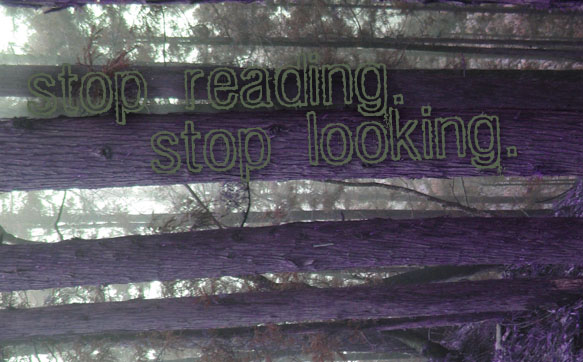
Look. A piece of Art. How amazing! Yeah, I’m keeping up with my artform. I liked it, click that thumbs-up icon. Click, it’s off my list. Next! Oh, come on! Really? Back it up.
If you want to be a playwright, read scripts and go see plays performed. If you’re going to be a screenwriter, get in and read screenplays and view films. Etc. etc. blah, blah, blah. We’ve all heard this before, right? This advice is so old it needs a Zimmer frame and daytime pyjamas.
But I don’t often hear this advice being offered, and it is the most critical of all. Don’t just plough through scripts then toss them aside, or wander out to see the show, ordering a super-combo pack at the candy bar as you go. Anyone can do that.
You can read a tonne of plays and see a million films and plays, or chew through a mountain of short stories and novels. All that means is you are a prolific reader and formidable theatre/film buff. And it won’t help you much really. All it will do is make you less embarrassed when you are talking with people about the work of other writers; at least you’ll know what they’re referring to. That is if you can remember the works at all because you weren’t really paying attention when you read or saw them in the first place.
Pay attention! Stop reading. Start studying. That’s what separates a writer from an observer of Art.
I once took a workshop unpacking one scene of one play, the banquet scene of Macbeth. The workshop went for about three days. It was seriously one of the most intense learning experiences of my life. That passage of text is jam-packed with writing skills, structural hints, and deeply informative use of plot and characterization. It’s a corker. And if you only read it once or twice, then saw the show, you as the writer are under-using the experience it offers.
Every great play, or great film, or great novel, even every lousy play or lousy film or lousy book, is a writer’s chance to learn a bit. Next time you are in front of a piece of writing, take time. Take notes. Unpack. Write about the experience. Notice structure, pinpoint things that went wrong or right. Think about things like structure, language and dialogue very deliberately. Notice rhythms. And patterns. Suck out the lesson and chew it slowly then yep, swallow the information so it can build your muscles as a writer.
So, an example of how it can work for you:
Today, a friend of mine, Mary Anne Butler was announced as one of the winners of this year’s Sidney Myer Creative Fellowship. It’s an amazing honour for a truly gifted playwright, but on top of that, she has just scored $160,000. Big. Ok. BIG. I’m so pleased for her and gobsmacked at how she’s nailed it. About a month ago I heard her speaking on ABC national radio about her most recent work, Broken, which uses very sparse language phasing and a fractured narrative structure. The interviewer asked her about that. This is how Mary Anne responded:
“I originally wrote a much, much longer play and they were chunky tri-part monologues after the fashion of Mark Rowe’s ‘Terminus’. Then I read Andrew Bovell’s ‘When The Rain Stops Falling’ and that taught me that you can jump around in time and space really easily. And when I …dissected ‘When The Rain Stops Falling’, I looked at my chunky monologues, I went wow, I just want to play with cutting it back.” —ABC RN interview, Michale Cathcart with Mary Anne Butler.
Broken went on to win multiple major Australian playwriting awards, be produced (simultaneously!) by major theatre companies in two separate states, and win huge critical acclaim. Do you need any further proof? Stop reading, stop looking and start dissecting.
